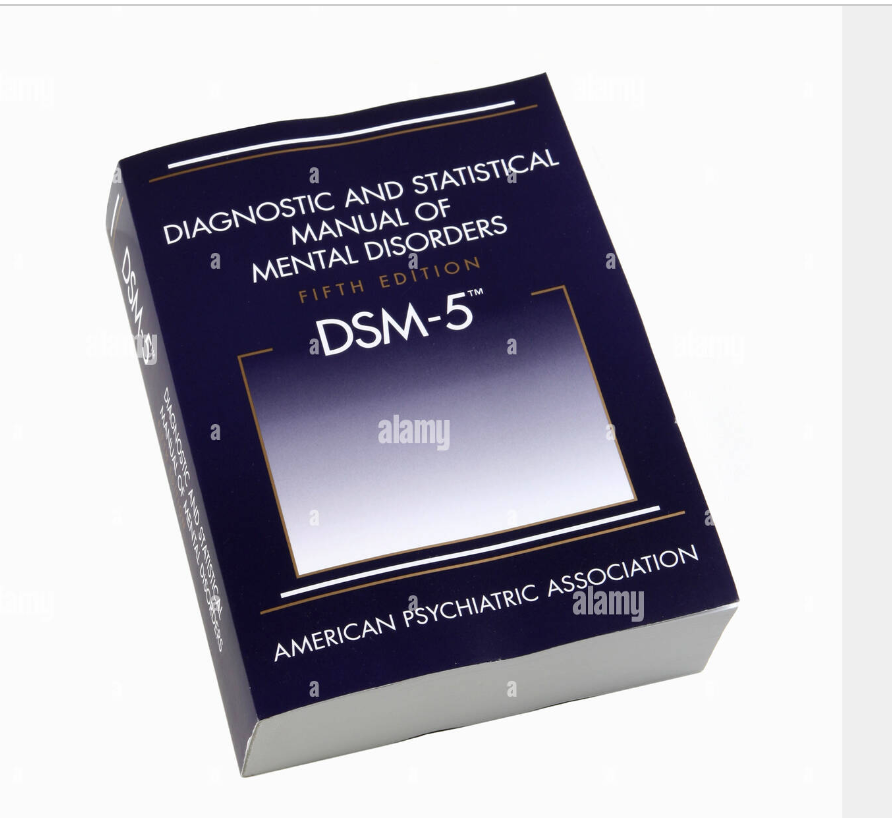Biogen, Eisai discontinue Alzheimer’s trials
By James La Rossa|2019-03-21T18:28:53-07:00March 21st, 2019|Brief Bulletins from the Field, We Know Psychiatry|0 Comments
About the Author: James La Rossa
Related Posts
This site uses Akismet to reduce spam. Learn how your comment data is processed.





Leave A Comment